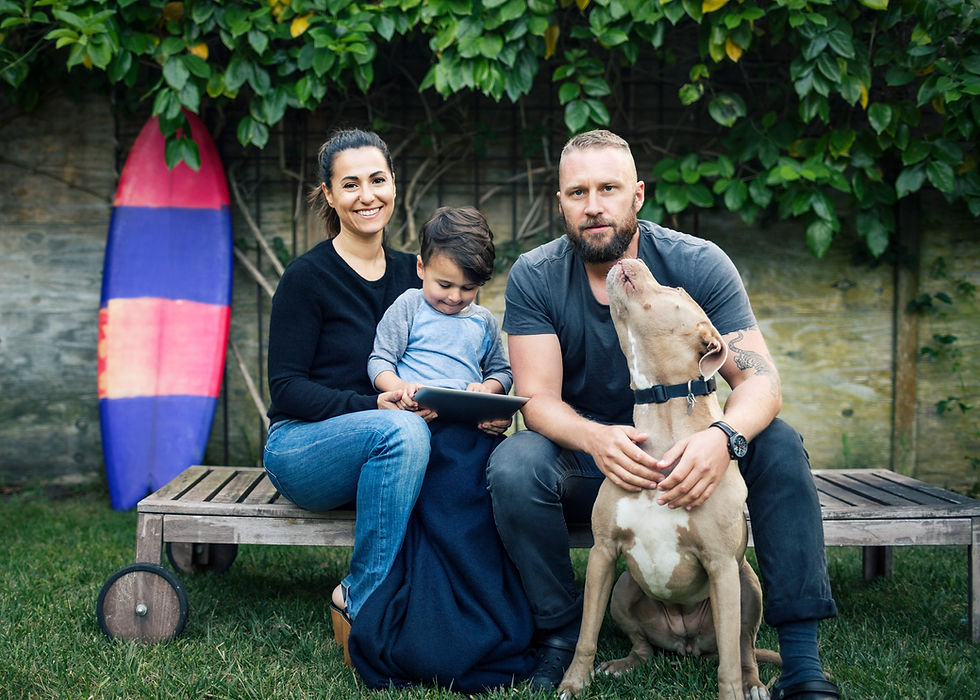fostering finances; how does it all work?
- Jeni
- Jan 16, 2023
- 2 min read
Updated: Jan 18, 2024
Fostering a child is a hugely rewarding as you see the positive impact you are having on the life of a disadvantaged young person. It's a positive career move if you're passionate about children and making a difference.
Being a foster carer requires you to have a child or children (and sometimes parents too) live with you 24/7. This is a paid position but it works differently to receiving a salary, as you might have guessed.
This post aims to clarify for anyone thinking of fostering how it works financially, answering questions such as:
- How and when do I get paid as a foster carer?
- What am I expected to use the money for?
- How do I help support the foster child/children to manage money?
fostering finances; weekly allowance
As a foster carer you will receive a weekly allowance. As opposed to receiving a salary and separate expenses, you receive an all-inclusive allowance. This is transferred to you on a fortnightly basis.
With this allowance you are expected to provide for all the child's needs in terms of food, clothing and entertainment. You are also expected to put £5 per week into a savings account for them that they can access when they turn 18.
Depending on their age and in consultation with your supervising social worker you would give pocket money out of this allowance also.
holiday pay
You are entitled to 14 days of respite, which is when you have a complete break from fostering and your placement/s will go to stay with respite carers. During this time you are paid a portion of your allowance to support you to take this break. You will receive the holiday allowance even if you don't take respite.
supporting the child
It is important that children are taught money management skills in an age appropriate manner as they grow. Whether you give pocket money and how much will depend on the child or young person's age. How you give it will also depend on this.
Younger children can be supported to start to learn to save, and tools like Go Henry accounts can enable you to manage their money with them and teach them important skills.

You can help an older child or young person to get a bank account (that won't allow them to go overdrawn) and support them with learning independent living skills relating to their finances.
find out more
We realise that though you may be passionate about looking after a child, finances may mean it isn't practical, so finding out the details of the allowance is an important part of your decision as to whether to foster.
Please give us a call to discuss further as it's not a problem for us to answer your questions in this area and give you more clarity. Call us on 01903 823546 and ask to speak to the fostering manager.






